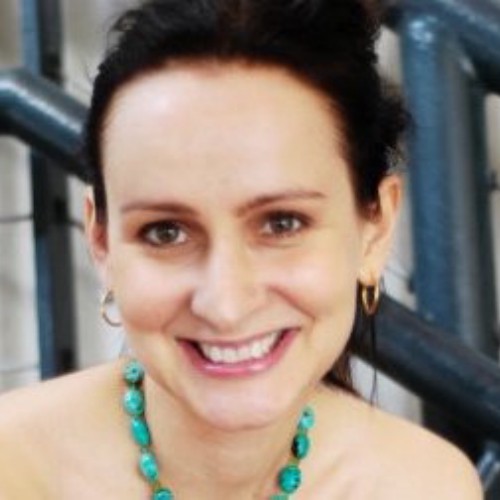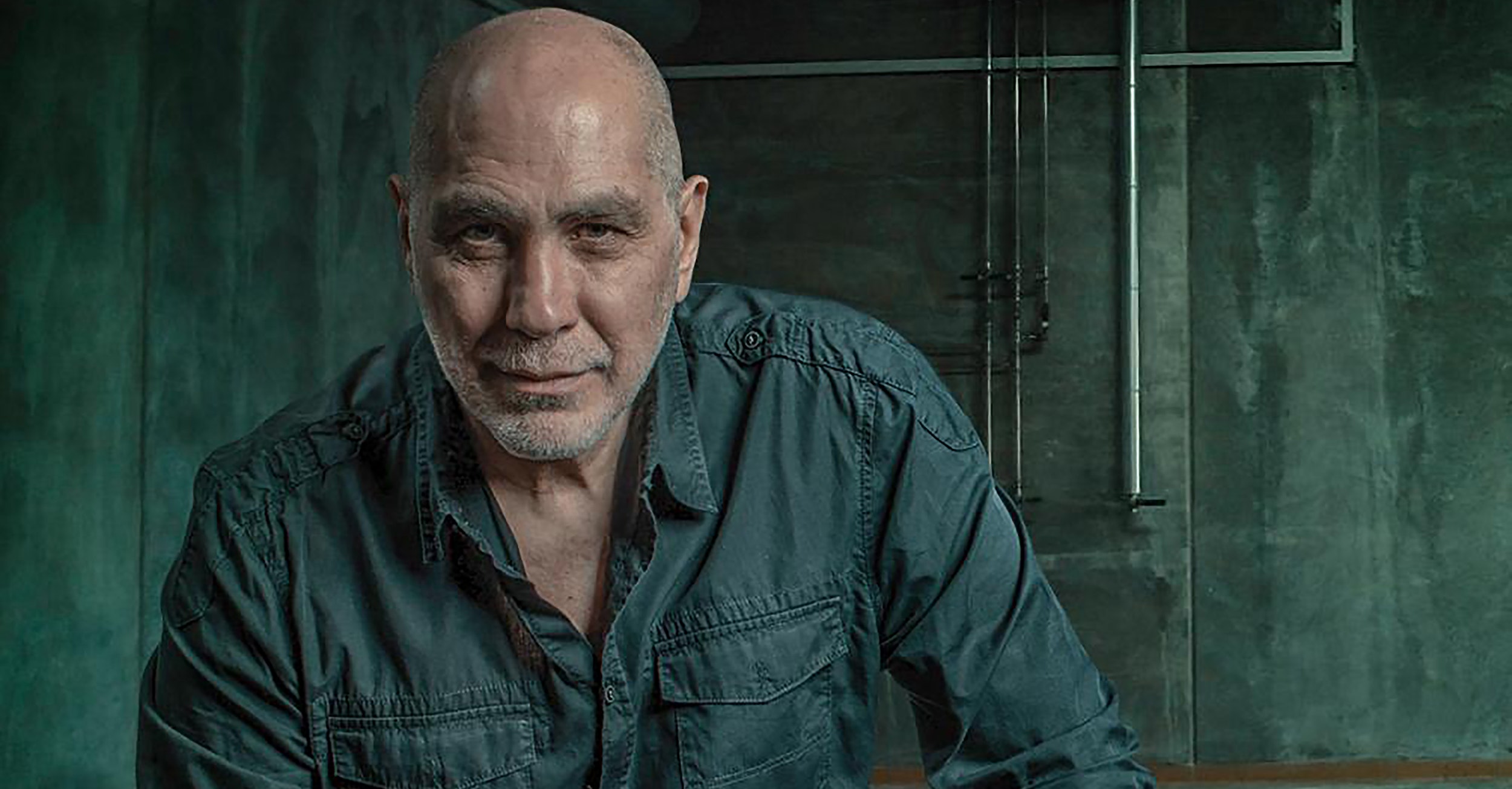When I first interviewed him in 2014, for a film titled ‘Words with Gods’ which he also co-produced, I was struck by the fact that Guillermo Arriaga didn’t describe himself as a believer, or even a spiritual being, but rather called himself a “humanist”. When I asked him to explain further, he admitted that while “a spiritual is looking for a spirit outside of you, a humanist is looking at the eyes.”
At this year’s International Film Festival Rotterdam (IFFR) Arriaga spent an hour and a half with an audience eager to hear his every word. Yet near the end of that public talk, as we prepared to pose our own questions, he asked for the house lights to be turned on. “I want to see each and every one of you,” Arriaga said. And as he looked around the theater seats intently at the crowd, I realized exactly what he had meant during our earlier interview.
Arriaga is known as both a writer and a filmmaker. In the early 2000s he wrote ‘Amores Perros’, ’21 Grams’ and ‘Babel’, three films directed by his then friend and fellow Mexican filmmaker Alejandro G. Iñárritu. Arriaga also wrote and directed the 2009 movie ‘The Burning Plain’ which starred Charlize Theron, Kim Basinger and Jennifer Lawrence. In between, there was a falling out with Iñárritu, who objected to Arriaga’s attitude about the collaborative effort which filmmaking truly is. Often we tend to forget that a film was first a written work of art, whether it’s inspired by a novel or created as a screenplay. The two men have since made up, as Arriaga admitted during the talk in Rotterdam.
His latest novel, ‘El Savaje’ (‘The Savage’) is an ode to life, through a story of death. At just seventeen, Juan Guillermo has dealt with more loss than most face in their lifetime. He’s lost his brother, parents and beloved grandmother in a matter of a few months — all to tragic, violent circumstances. He is left feeling that most insurmountable of sentiments, “survivor’s guilt” about it all and his life seems to be spiraling down a path of self destruction. Yet this is Arriaga after all, the humanist, and he not only manages to spin into the book another parallel story that comes full circle by the end of his 600-some pages, but also weaves hope and love into Juan Guillermo’s own tragic life.
“I have ADD — Attention Deficit Disorder,” admitted Arriaga, then continuing that his principal, at the private school where his parents had made sacrifices to enroll him as a teenager, “told my parents ‘your son is retarded’, because my IQ was so low.” So this man with ADD, a low IQ, a few debilitating accidents and multiple street fights in his background — stuff that would have easily sidetracked and discouraged a lesser person — went on to become a world class writer who always finds his way out of a story, to an ever brilliant and inspiring ending. When asked where his ADD shows up, since it is clearly absent from his work, he conceded, “my hotel room, as soon as I check in, it’s a mess, within five minutes.” That’s it. Well maybe we all have some ADD too…
Within ‘El Savaje’ there are several wonderful anecdotes and inspiring legends, drawn from Arriaga’s extensive travel and research. One that left an imprint on me was how we each possess a “light soul and a heavy soul.” In a passage early on in the book, the explanation is basically that your light soul is what carries you around daily, while your heavy soul is what travels onward once you pass away. When your light soul moves too quickly, you faint. And haven’t we all felt the fluttering of our light soul in a particular moment? There is so much wisdom in ‘El Savaje’ I can’t wait to reread it, in English, when it will be published in the US — hopefully soon. For now, I had to make do with the Italian edition.
“Love will save us” declared Arriaga in Rotterdam, “love has to be addressed in art, because love is the only thing that allows a society to live healthily.”
“When people come to pick me up at the airport for a festival or an event, they think I will be tortured and a drunk,” the Mexican author and filmmaker said, tongue in cheek. In fact, Arriaga is anything but tortured, doesn’t even drink, and says of himself, “I am a happy person.” It’s almost a shock to hear that, in today’s world, and particularly coming from a successful artist. Aren’t they all supposed to be tormented to create? “I don’t like martyrdom,” Arriaga chimed in.
Another wonderful moment during the talk came as the moderator, Dutch author Ernest van der Kwast asked Arriaga if his latest novel ‘El Savaje’ could be an indictment of corruption in Mexico. “It’s an indictment of corruption in every country!” Stated Arriaga, continuing, “look, I’m not an activist, I’m a storyteller — otherwise I will become a comic strip.” Prodded further, the author admitted that the secret to becoming a great writer is “never try to be deep — if you’re deep, the story will be profound anyway.”
His advice to the audience, as he sent us into the world enlightened and inspired: “Don’t have fear; risking is the best way to do things.” And his inspiration for writers, was to remember that “stories refuse to die.” If a story is worth telling, it “will come back!”
This from a man who as a child had aspirations which included winning “the Oscars, Cannes, the Nobel Prize and the World Cup.” And from where I was sitting, well, he seems to have achieved it all. Almost. In his own, special, magical way.


